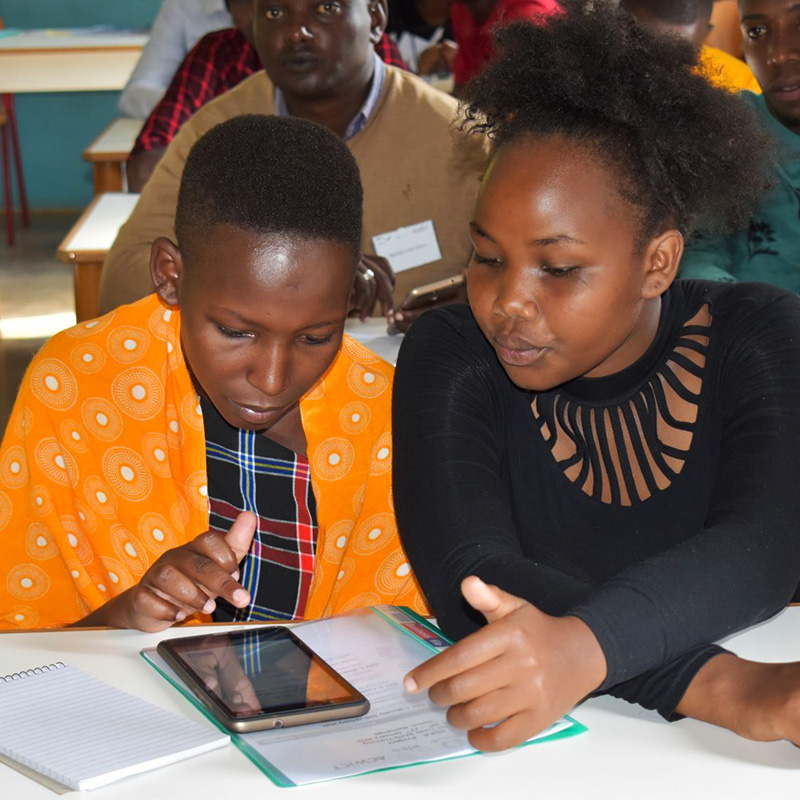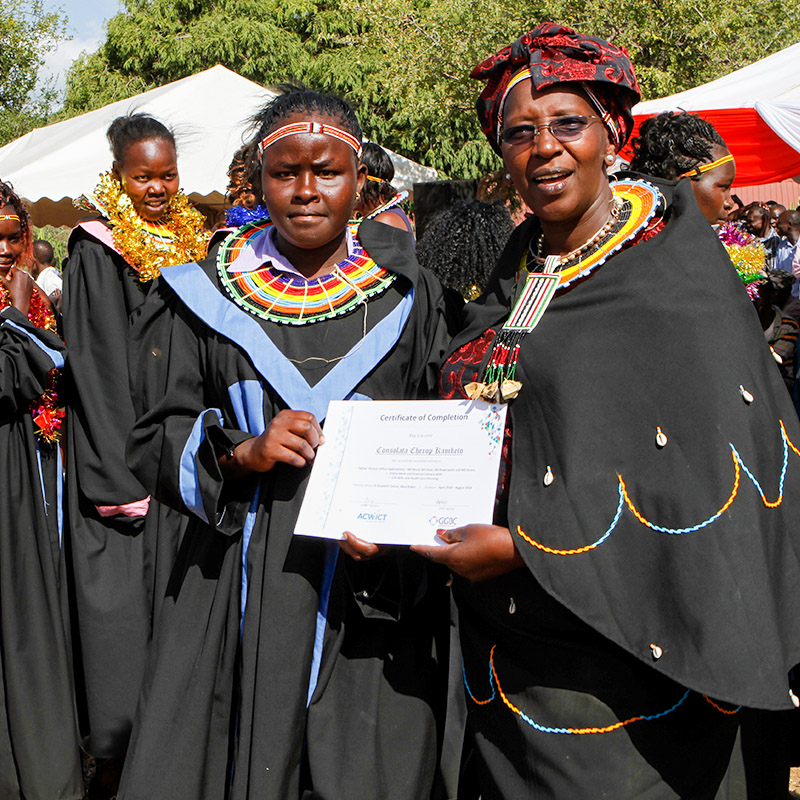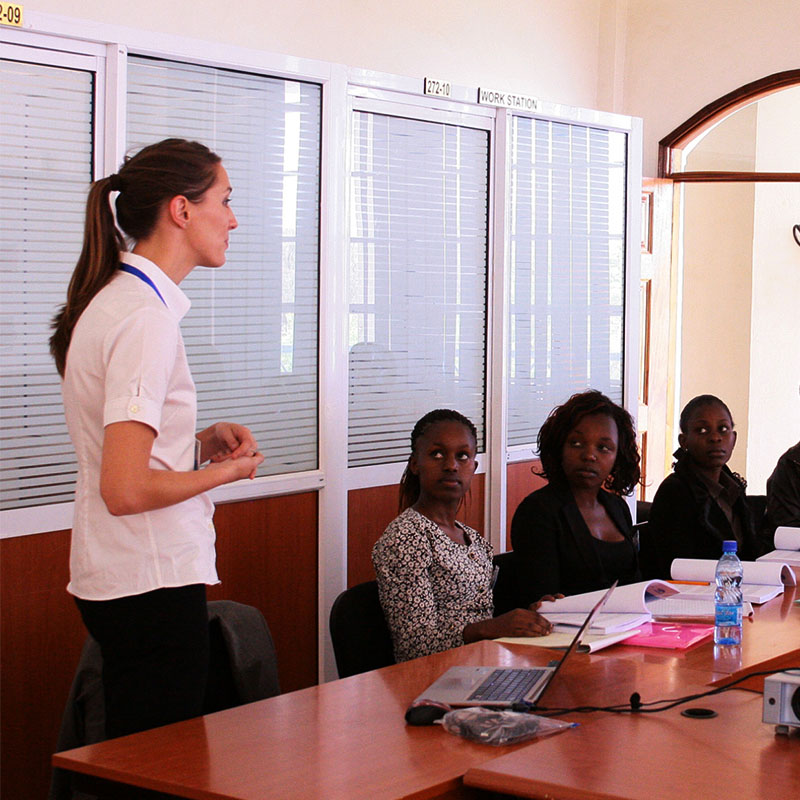Overview
Expanding Women and Youth ICT innovation opportunities for economic integration within the EAC member states. In October 2019, under the ‘The Incubator for Integration and Development in East Africa” (IIDEA), GIZ Awarded ACWICT a one (1) year project dubbed; Expanding Women and Youth ICT innovation opportunities for economic integration within the EAC member states
Program Aim
The project aims at developing and nurturing ICT solutions for trade for women and youth cross-border trainers from three East African States namely Kenya, Uganda, and Tanzania. The idea is to empower them to embrace the use of ICT in eliminating the barriers that affect trade flows and also enhance the competitiveness of the regional trading partners through ICT enabled interventions for efficiency
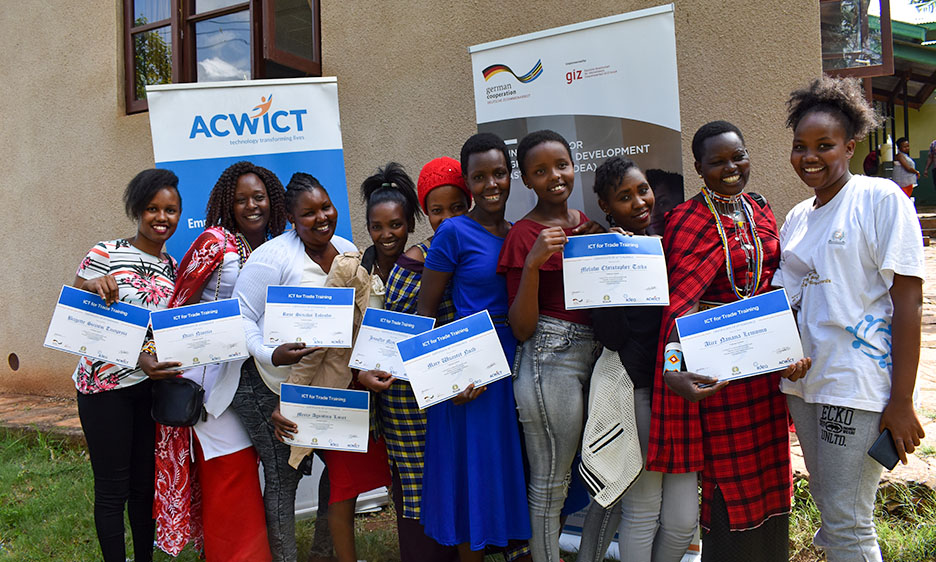
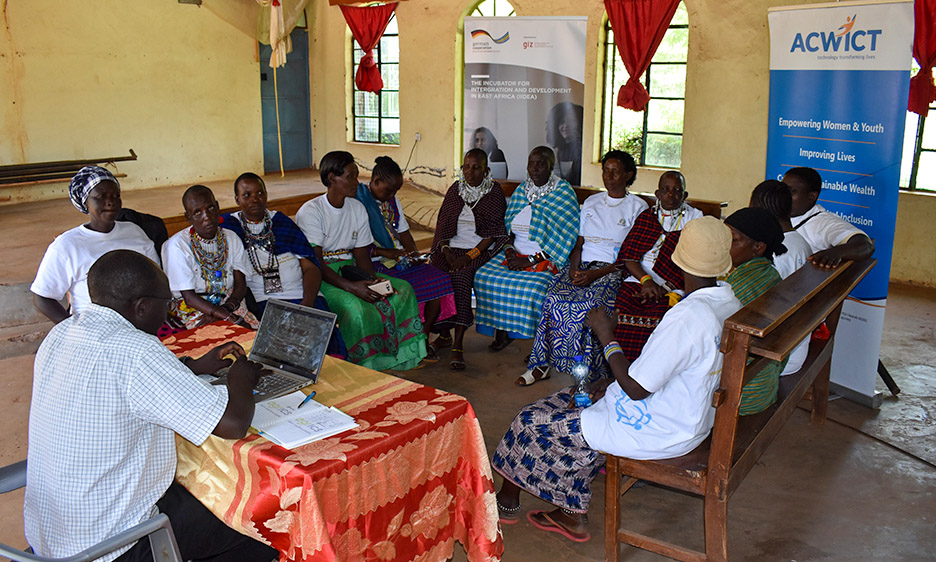
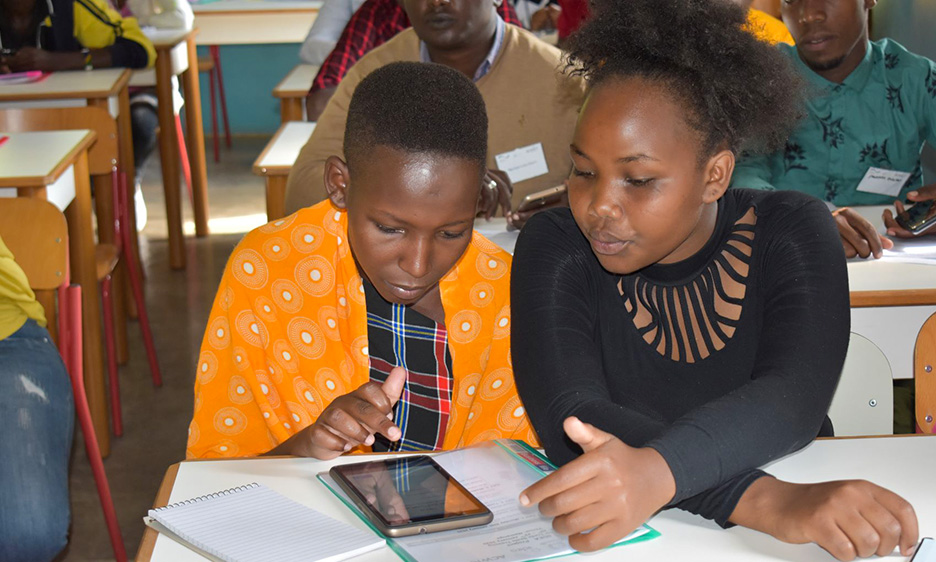
Key activities
A baseline survey on trade barriers and best practices to business within Kenya, Uganda, and Rwanda.
Conducting ICT skills building and ideation workshops for trade enhancement for cross-border women and youth.
Engage stakeholders in a one (1) day workshop to deliberate on project findings and best practices for adoption
Create an interactive online exchange platform/ WhatsApp/ USSD message/Facebook
Create a five-minute IIDEA Impact Video

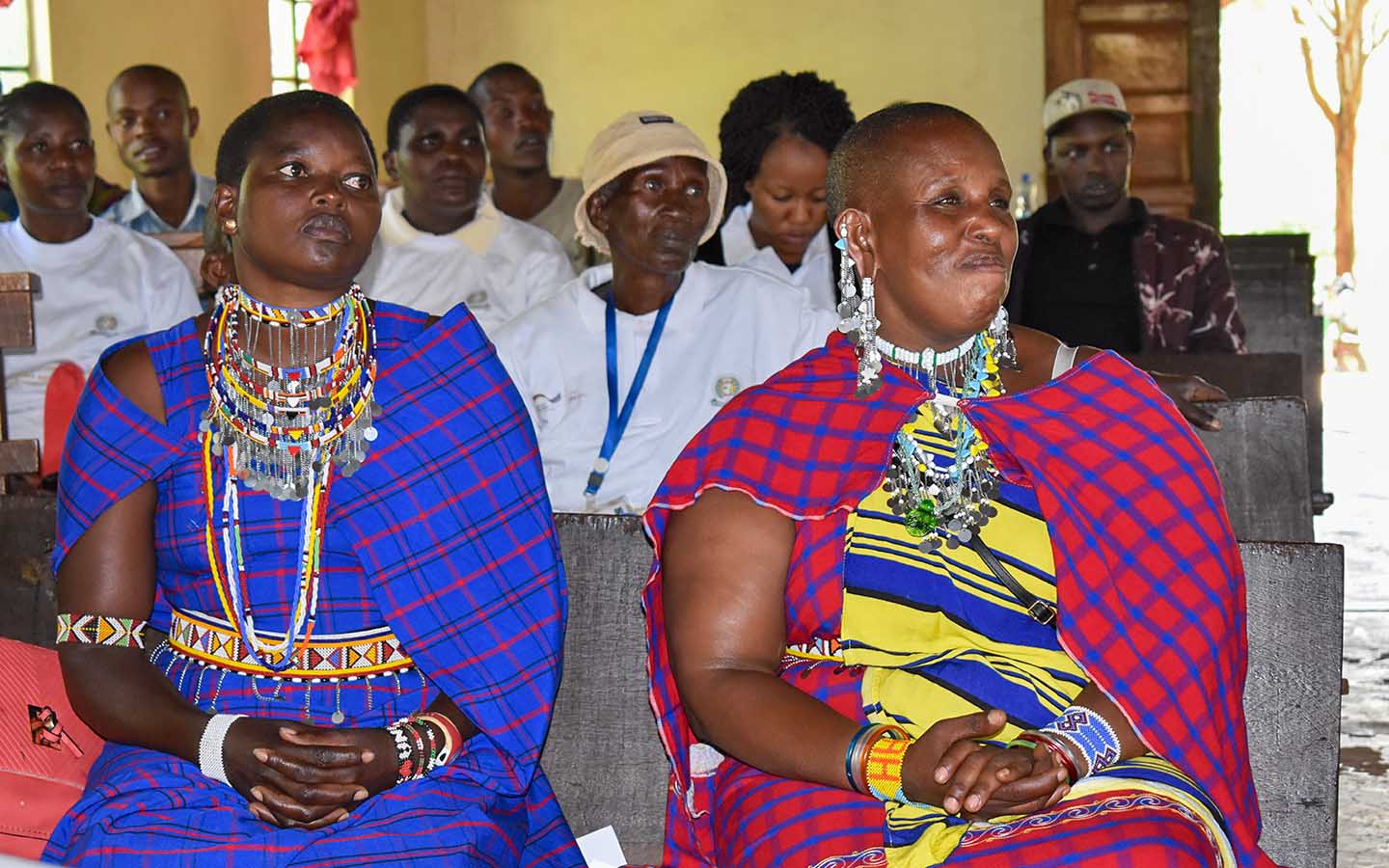
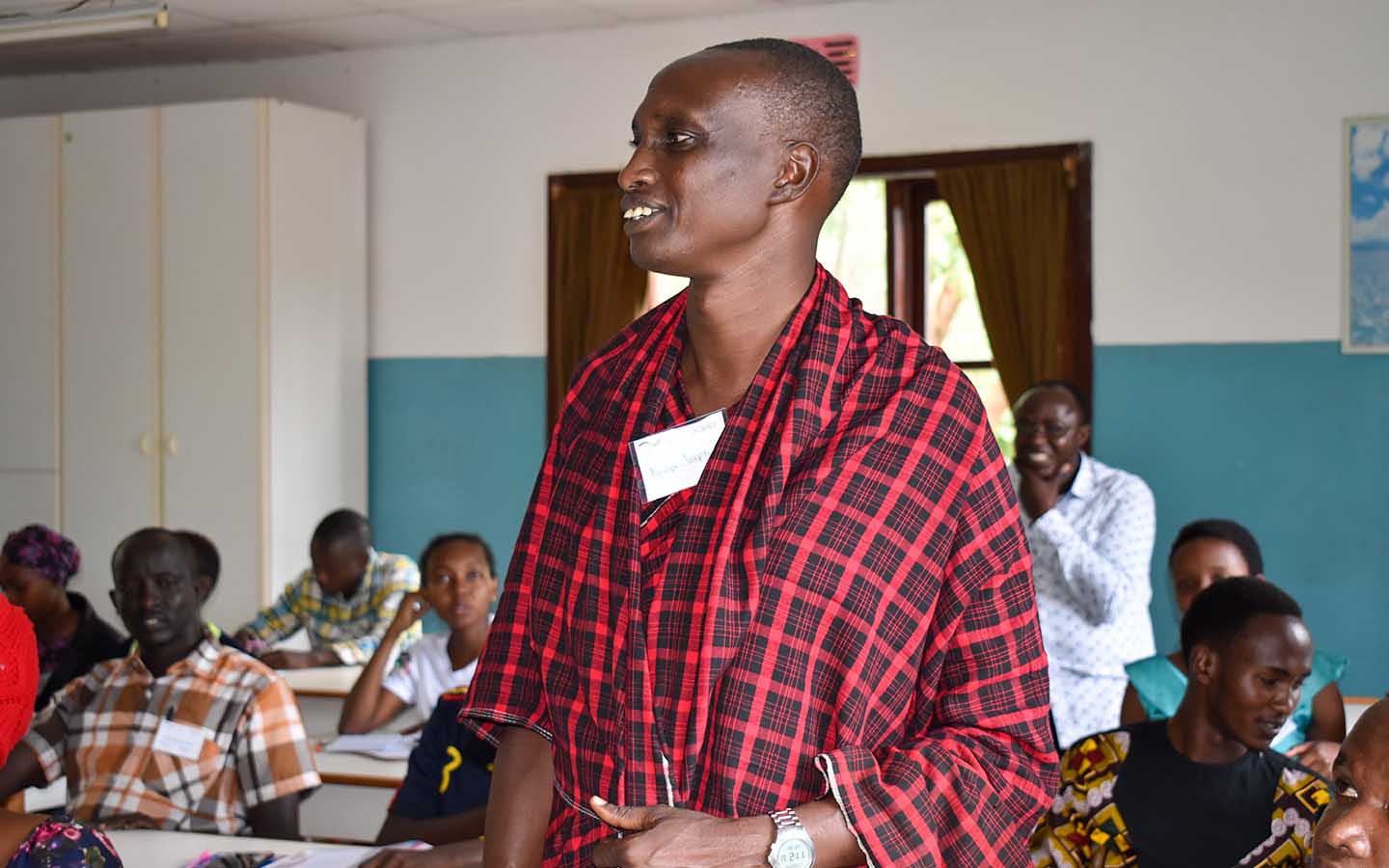
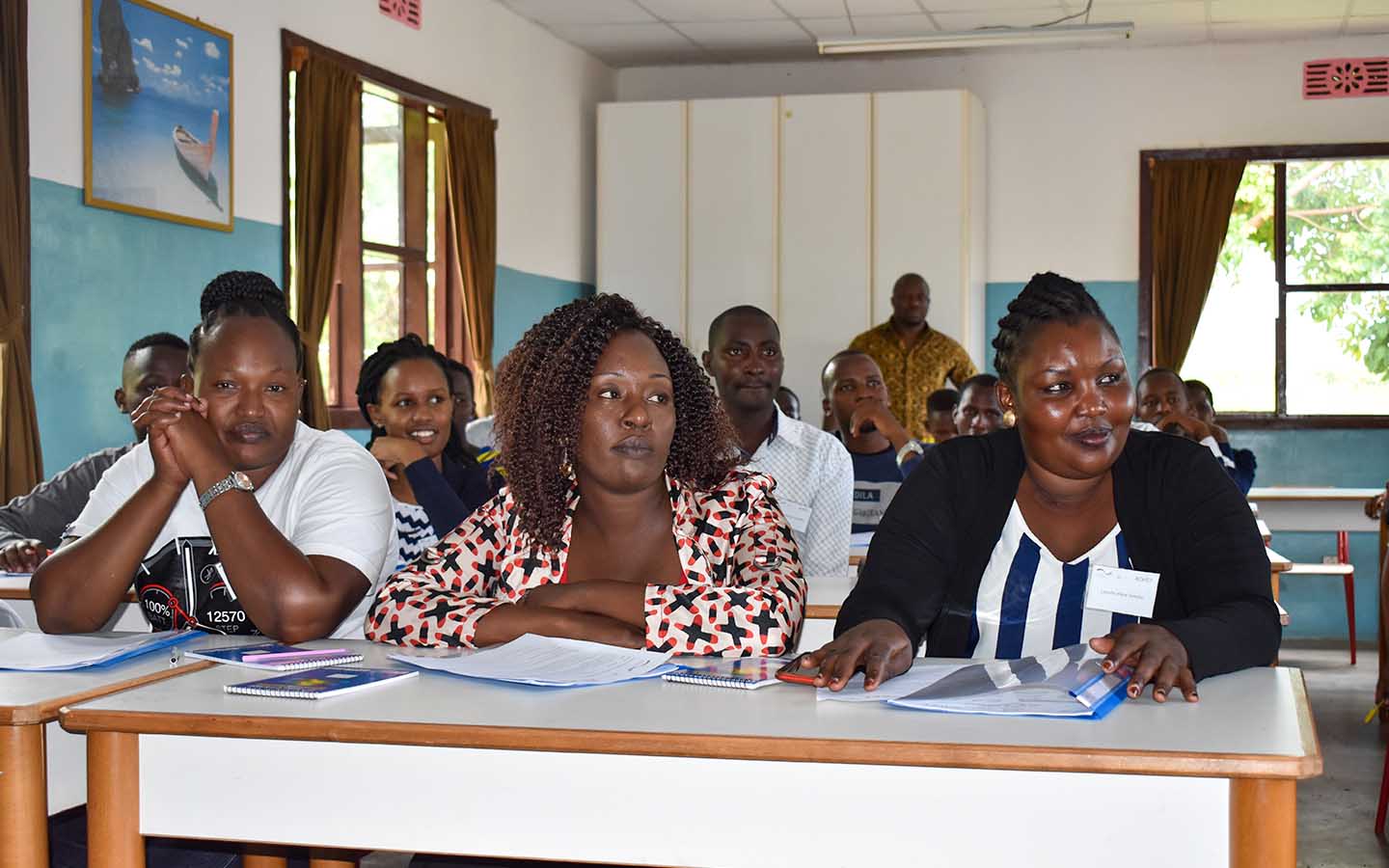
"Expanding Women and Youth ICT innovation opportunities for economic integration within the EAC member states"

Our impact by the numbers
What we learned form this project
Early involvement and engagement of key stakeholders particularly the Government significantly increase the project buy-in and subsequent participation i.e. early formal project summary details followed up with courtesy calls.
To engage community members in any project it is important to be conscious of their needs both positive and negative.
To reap maximum integration benefits there is a need to inculcate in traders a positive attitude to trade facilitating technology and mutual trust amongst the cross-border traders which was a key concern by the beneficiaries contributing to traditional transactional processes associated with inefficiency and avoidable cost. This should go hand in hand with the accelerated digitalization of cross-border trade facilitation systems.
There is an urgent need to address the significant variation in the cost of voice, data, and devices across the nations which have remained a serious impediment to effective communication, digitization, and technology adoption at both the community and national levels. This explains the low ICT uptake in trade and limited access to smartphones, yet this is the closest technology can be to the traders.
For the successful implementation of a virtual program, all costs related to the virtual training needs to be sorted out.
Constant follow -up of the students during the session is critical in ensuring successful transfer of knowledge.
Constant review of the project strategies is important in ensuring team preparedness e.g. re-strategizing due to COVID-19 guidelines and restrictions.


